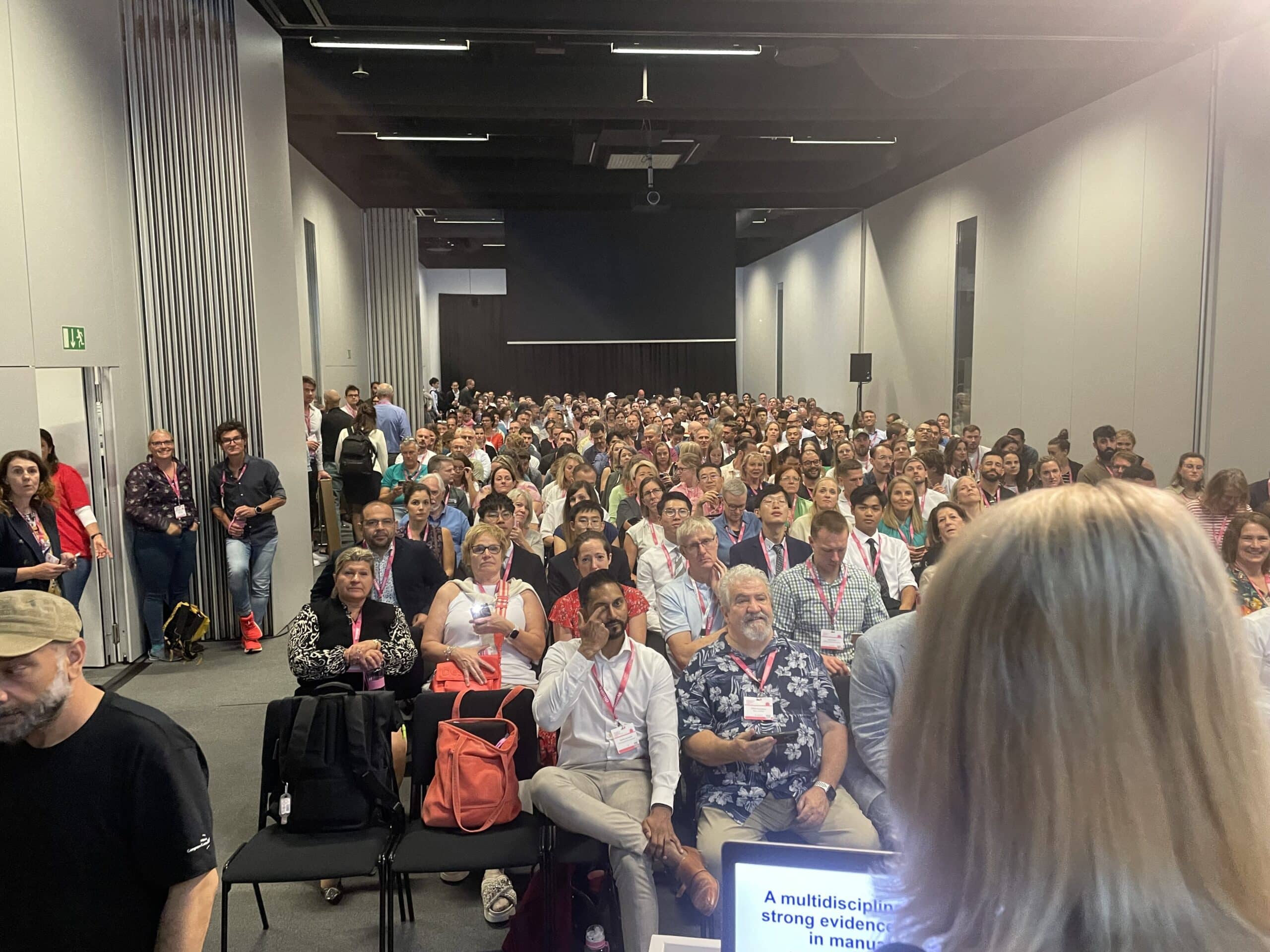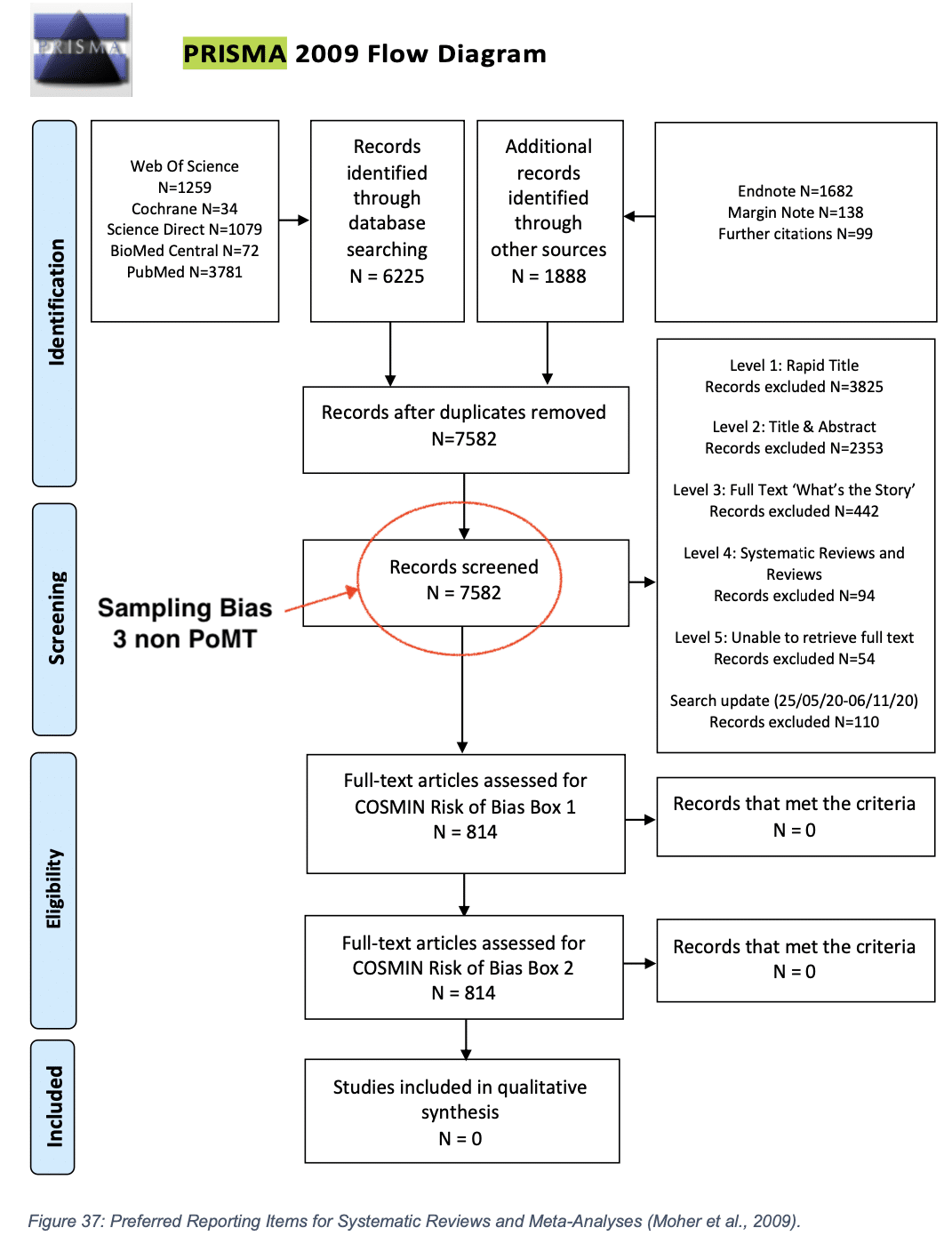A multidisciplinary approach providing strong evidence for hands-on manual therapy as a valid measurement instrument in MSK healthcare.
Background:
Musculoskeletal (MSK) ill-health is the greatest socioeconomic burden for the World’s healthcare systems to manage. Established in ancient history, manual therapy uses a hands-on approach (hereon in referred to as HODA-A, hands-on data acquisition and analysis) provides a safe, affordable, and environmentally convenient assessment and treatment of a person’s MSK system. HODA-A is used to palpate characteristics of a person’s anatomy, becoming the measurement instrument that underpins the majority of MSK investigations conducted by MSK professionals in both MSK medicine (theory, research, and practice) and MSK clinical practice, often a prerequisite that informs a person’s care in many healthcare disciplines.
Purpose :
The existing evidence-based research investigating HODA-A, or studies that have used HODA-A as part of the methodology, are flawed because HODA-A lacks the necessary developmental studies to determine its validity as a measurement instrument. For more than 70 years the evidence-based research has focused on reliability studies of HODA-A, concluding it is clinically unacceptable as a measurement instrument – further fuelling the hands-on/hands-off debate. However, according to the COnsensus-based Standards for the selection of health Measurement INstruments (COSMIN) Risk of Bias (RoB) standards, validity studies must precede reliability studies on all proposed measurement instruments. Therefore, to conduct reliability studies without the necessary ‘first-step’ validity studies on HODA-A constitutes a methodological flaw, is a waste of resources and unethical. Worryingly, within the next 10 years, it is predicted an estimated 250 papers per annum will be published on HODA-A with the same fatal methodological flaws.





